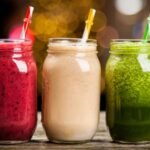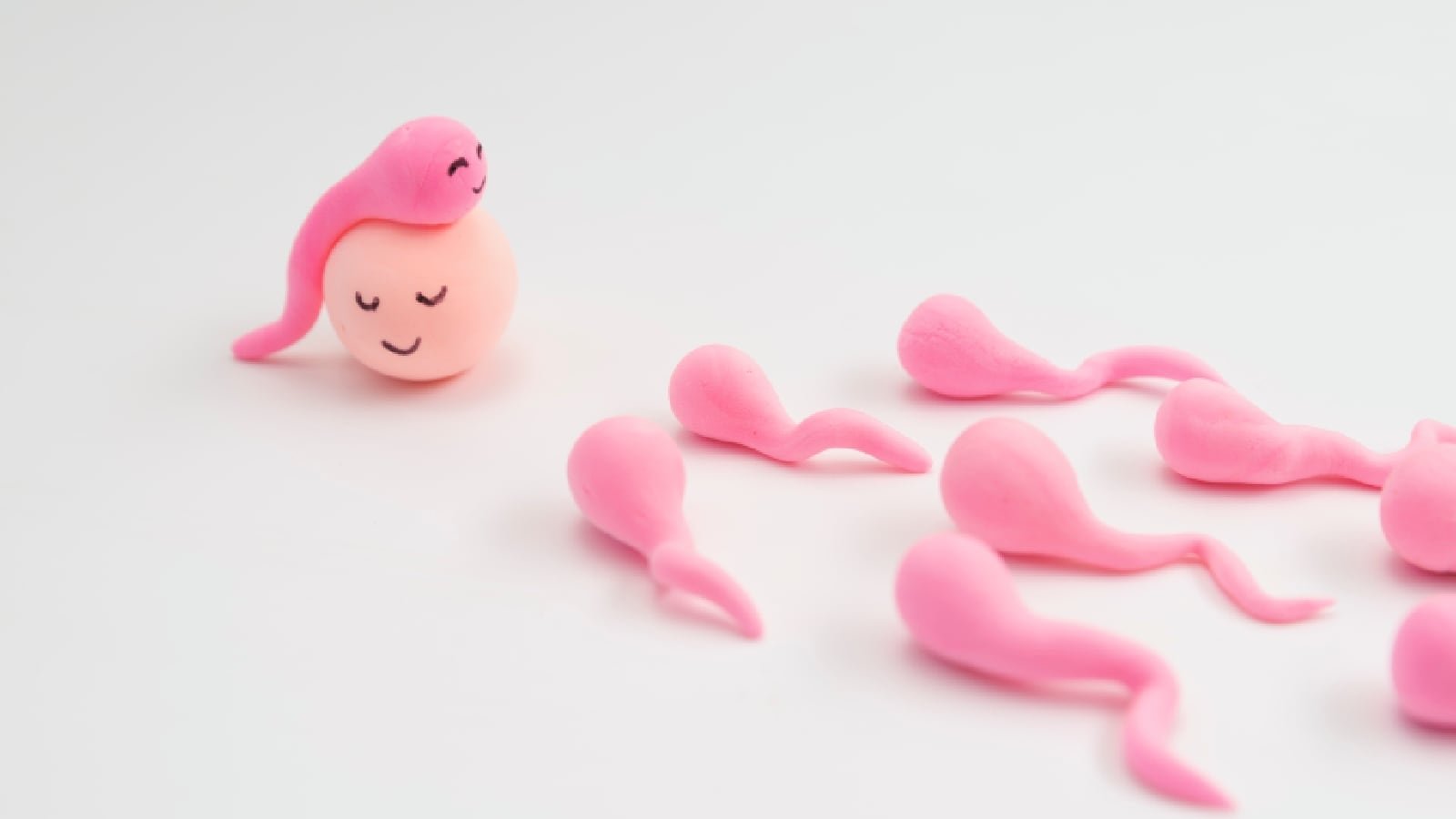Lower cholesterol this winter by watching your diet. There are some winter foods that can spike your cholesterol, so avoid having them.
Cholesterol, a waxy substance found in the body’s cells, is important for the proper functioning of the body. But too much of it can be harmful, as high cholesterol, also known as hypercholesterolemia, can increase the risk of heart disease and stroke. High cholesterol is basically a low-density lipoprotein-cholesterol that is greater than 190 milligrams per deciliter. Food plays an important role in lowering cholesterol. But there are some winter foods that can spike your cholesterol. Find out the worst foods for high cholesterol and what to eat instead.
Can winter lead to high cholesterol?
Many factors can contribute to high cholesterol, including diet, lifestyle and genetics. Winter does not directly cause high cholesterol, says cardiologist Dr Simmi Manocha. But the colder months can make it more challenging to maintain a healthy diet and exercise routine, leading to increased cholesterol level.

Which winter foods can contribute to high cholesterol level?
When the temperature drops, you feel like eating more fried snacks and carbohydrate-rich foods to stay warm. Even though most of these foods are available throughout the year, people tend to have them more during winter. Here’s a list of winter foods that can lead to high cholesterol:
1. Ghee
Ghee is a common ingredient in Indian dishes during winter. While it adds flavour, texture and aroma to the food, it is also high in saturated fat, which can increase cholesterol level if had in excess and without regular exercise, says the expert.
2. Butter
Butter is commonly used in hot dishes that which can increase cholesterol level. Butter also has high saturated fat content.
3. Paneer
Paneer is a popular ingredient in Indian cuisine, especially winter dishes such as palak paneer and paneer tikka. However, it is high in saturated fat, which can increase cholesterol level.
4. Red meat
Red meat is often preferred during winter due to its warming effect. However, it is high in saturated fat and cholesterol, which can lead to heart problems, says Dr Manocha.
Select Topics of your interest and let us customize your feed.
5. Fried snacks
Fried snacks like samosas, pakodas and vadas are a popular winter snack. However, these snacks are high in trans fats, which can increase cholesterol level.
6. Creamy curries
Creamy curries such as butter chicken, paneer makhani and malai kofta are popular winter dishes in India. These curries are high in saturated fat, which can increase cholesterol level.
7. Sweets
Winter is also the season of festivals like Christmas and New Year, where sweets are an integral part of the celebrations. But sweets are high in sugar and trans fats, which can increase cholesterol level.
8. High-calorie soups
Soups are a healthy option in winter. But if you go for cream-based soups then won’t be good for your health, as they are high in calories and can increase cholesterol level.
9. Coconut milk
Coconut milk is used in many Indian dishes, especially in south Indian cuisine. However, it is high in saturated fat, which can increase cholesterol level.
10. White rice
White rice with a bowl of hot curry is perfect lunch in winter. Rice is high in carbohydrates, so it can increase cholesterol level if consumed regularly.

What to eat to lower cholesterol?
If you are looking to lower your cholesterol level, several foods can help. Here are a few options:
• Eat oatmeal or other foods that contain oat bran.
• Have a handful of nuts such as almonds or walnuts.
• Consume fruits and vegetables such as orange and spinach.
• Eat fatty fish such as salmon or tuna.
• Go for foods that are made with whole grains such as whole wheat bread or brown rice.
In addition to eating a healthy diet, you can also manage cholesterol level by exercising regularly, quitting smoking, managing stress by doing meditation or yoga and getting enough sleep.







